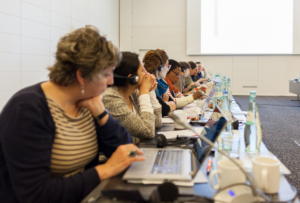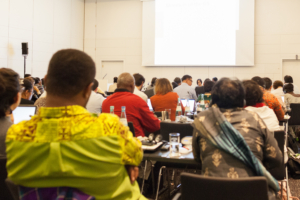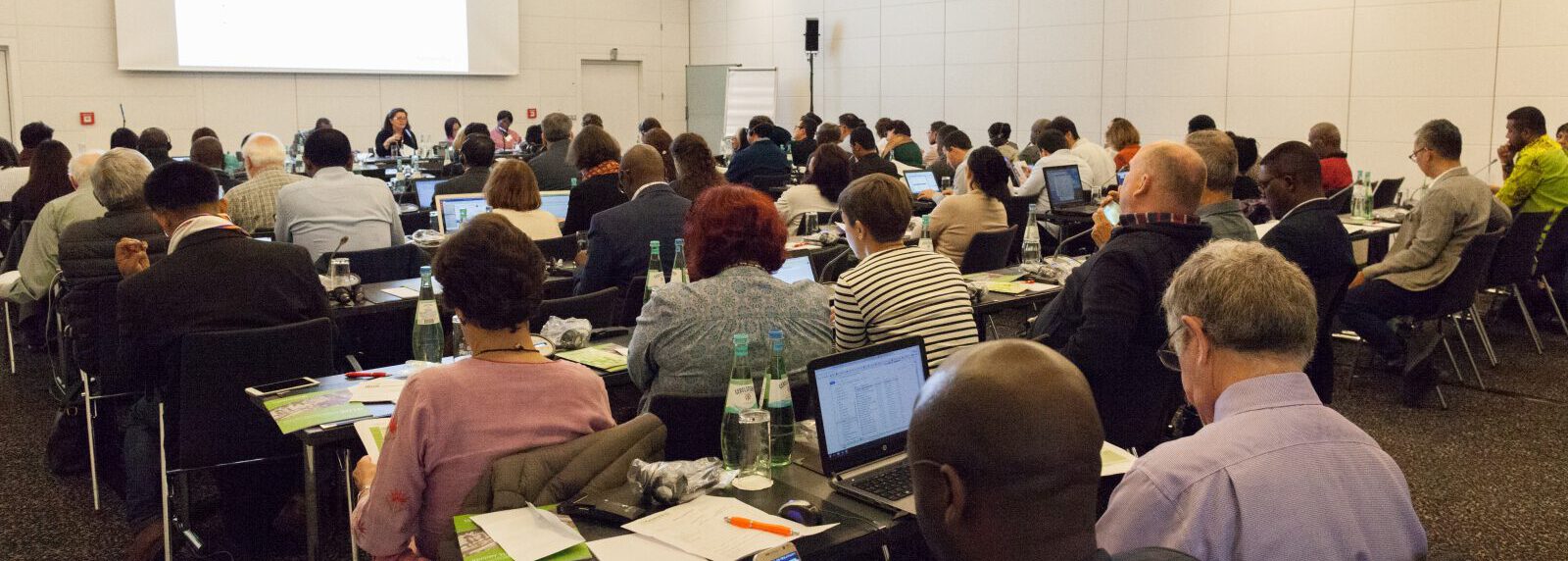Social science research especially in the area of socio-economic development has gained attention after the second world war but has been generally conducted through academia and specialized research institutes mostly connected with government. In the non-profit sector, research has grown in the past half century primarily as a function of advocacy. Trade unions, development institutions (NGOs), civic and charity organizations engaged professional researches while some developed advocacy and communication departments to conduct research as part of their mandate.
In Asia-Pacific, Africa and Latin America advocacy non-profit organizations and networks also developed, creating momentum for the conduct of research that were no longer linked to academia or mainstream research institutes. In time, alternative research non-profit organizations emerged which focused their attention to conducting policy research for public advocacy. We can cite as examples Third World Network, IBON, Abong, Econews Kenya, Aftinet and Asia Pacific Research Network among many others.

The conduct of research for the purpose of public policy, socio-economy and advocacy from the point of view of the people linked to communities differentiates this research which has become known as peoples research. Maintaining standards of scientific research, people’s research is focused on drawing knowledge from the grassroots and developing it for the purpose of the people whether in socio-economy and public policy.
Many people’s organizations and service institutions (NGOs) are active in conducting peoples research for the purpose of their internal policy and program work, as well as for their policy advocacy and communication work. Some networks like APRN conduct skills training for their partners. Nevertheless, the conduct of people’s research and training for it is still quite limited in most developing countries and dependent on the initiative and support from academe and external partners. There is a huge area for development in promoting the conduct and use of peoples research, developing skills and technologies in peoples research, developing CSO cooperation in research, and others.

Networking by people’s research promoters and practitioners remains very necessary to promote the concept and conduct of people’s research, skills training among people’s organization in the conduct of research, develop cooperation towards common agendas for and in research and in disseminating the results and application of results of research. Learning from the experience of APRN as a multi-theme network of NGO research outfits, APRN and IBON have been developing the concept and advancement of people’s research among different NGOs that are dedicated to or strong in research. They have set up the International Peoples Research Network. Since 2014 initial efforts have been made to bring together research oriented NGOs into a prospective Africa Peoples Research Network based in Dakar, Senegal and Nairobi, Kenya, and a Latin America and Caribbean Peoples Research Network based in Sucre, Bolivia by building regional core groups.
The Mission of IPRN is to promote and develop people’s research as a key contribution to comprehensive societal development nationally and internationally through multilevel networking, skills development in peoples research, and research cooperation including public dissemination and use of knowledge.


